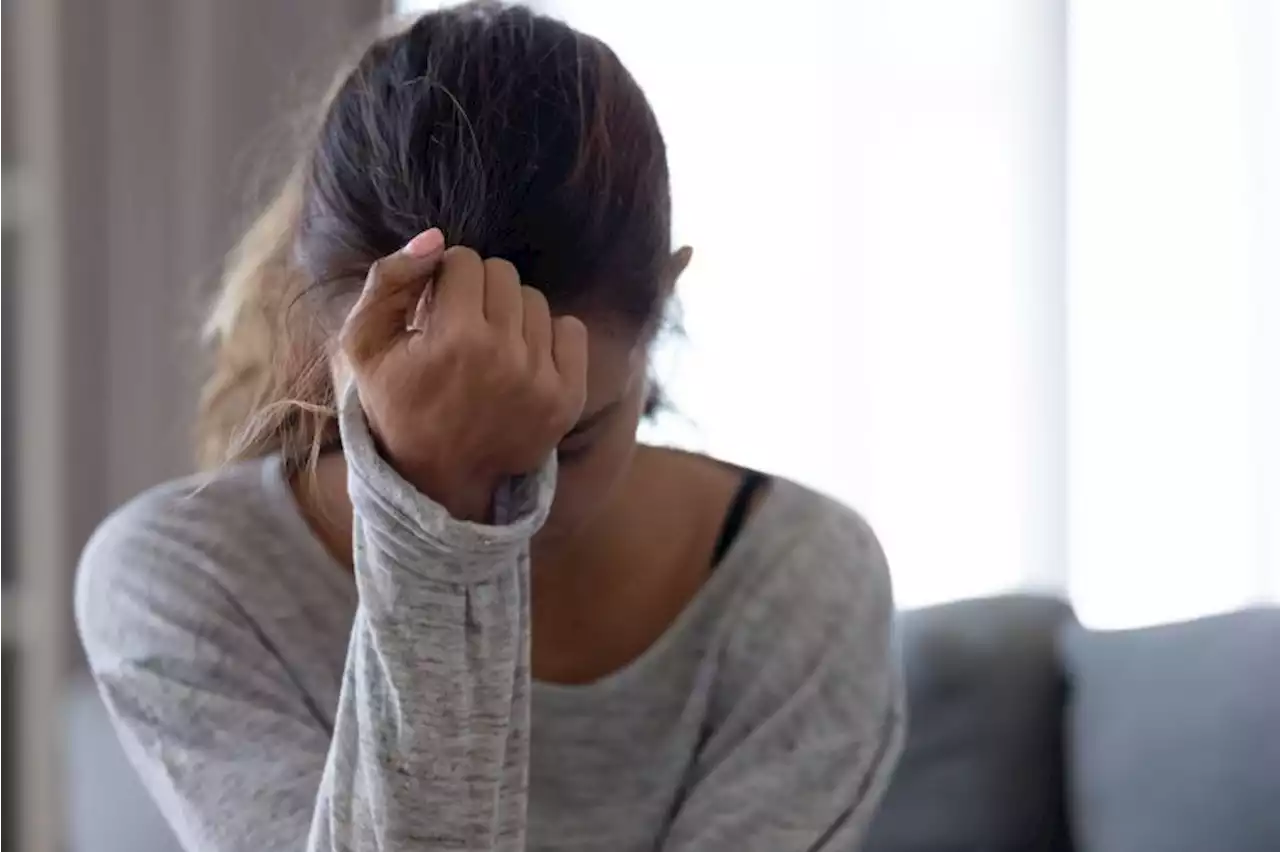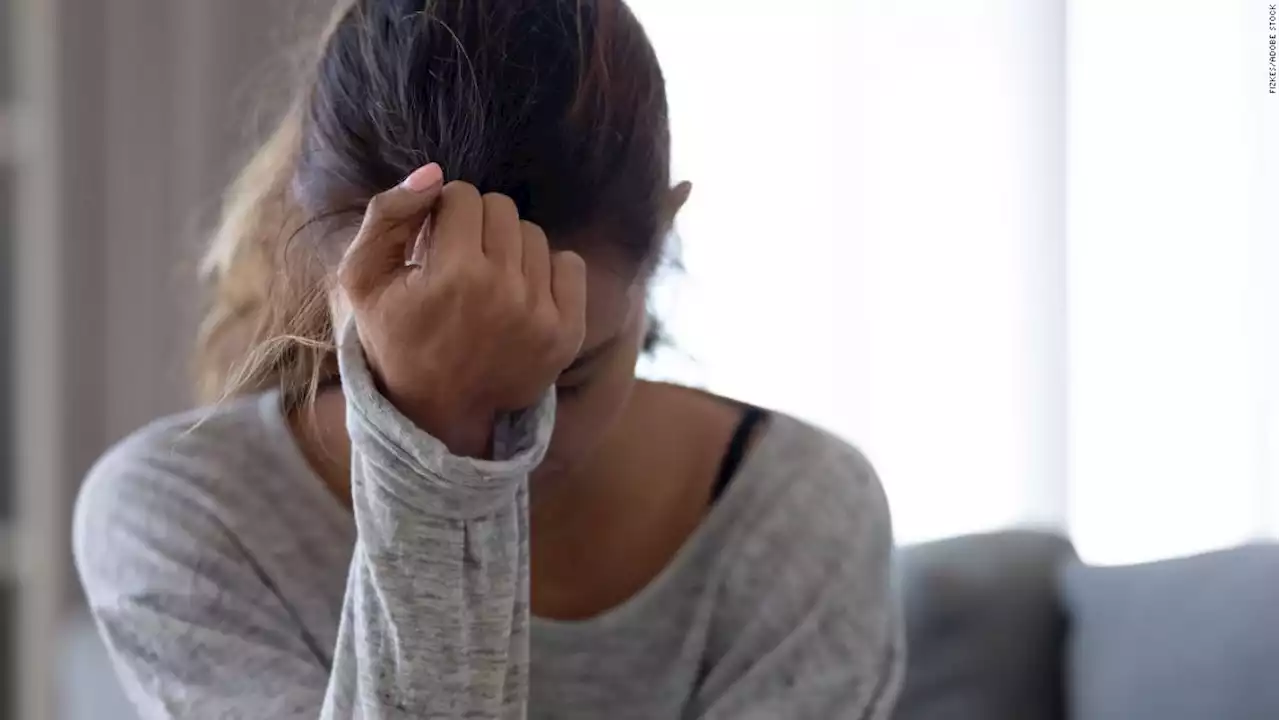Although the pandemic sparked concern for people’s mental health, the study confirmed depression was prevalent in Americans before Covid-19.
Goodwin said the results make it evident public service announcement efforts had not achieved the desired result of people seeking treatment for depression.
The increase of those with depression was found in younger people, with no jump in those over 35. However, 17% of adolescents reported depressive symptoms, up from 16% in 2015 and 13% in 2005. Overall, the percentage of those seeking help remained consistently low, with Goodwin noting the “level and concentration” of untreated depression in young people as “especially problematic.”
“Our results showed most adolescents with depression neither told or talked with a healthcare professional about depression symptoms nor received pharmacologic treatment from 2015 through 2020.”
Singapore Latest News, Singapore Headlines
Similar News:You can also read news stories similar to this one that we have collected from other news sources.
 The Invisible Cost Of Caring For A Child With A Health ConditionTwo recent studies reveal that these parents often suffer from depression and PTSD. Here are their stories.
The Invisible Cost Of Caring For A Child With A Health ConditionTwo recent studies reveal that these parents often suffer from depression and PTSD. Here are their stories.
Read more »
 4 in 5 pregnancy-related deaths in the US are preventable: CDCThe report also found that Black Americans made up a disproportionate percentage of pregnancy-related deaths.
4 in 5 pregnancy-related deaths in the US are preventable: CDCThe report also found that Black Americans made up a disproportionate percentage of pregnancy-related deaths.
Read more »
 What moves us 'closer to the unfortunate finish line of getting long Covid' | CNNIf you suffer from anxiety, depression or loneliness or feel stressed or worry frequently about Covid-19, you may be at higher risk of developing long Covid, a new study found.
What moves us 'closer to the unfortunate finish line of getting long Covid' | CNNIf you suffer from anxiety, depression or loneliness or feel stressed or worry frequently about Covid-19, you may be at higher risk of developing long Covid, a new study found.
Read more »
 Having a history of psychological distress may trigger long Covid, study saysIf you suffer from anxiety, depression or loneliness or feel stressed or worry frequently about Covid-19, you may be at higher risk of developing long Covid, a new study found.
Having a history of psychological distress may trigger long Covid, study saysIf you suffer from anxiety, depression or loneliness or feel stressed or worry frequently about Covid-19, you may be at higher risk of developing long Covid, a new study found.
Read more »
 What moves us 'closer to the unfortunate finish line of getting long Covid'If you suffer from anxiety, depression or loneliness or feel stressed or worry frequently about Covid-19, you may be at higher risk of developing long Covid, a new study found.
What moves us 'closer to the unfortunate finish line of getting long Covid'If you suffer from anxiety, depression or loneliness or feel stressed or worry frequently about Covid-19, you may be at higher risk of developing long Covid, a new study found.
Read more »
